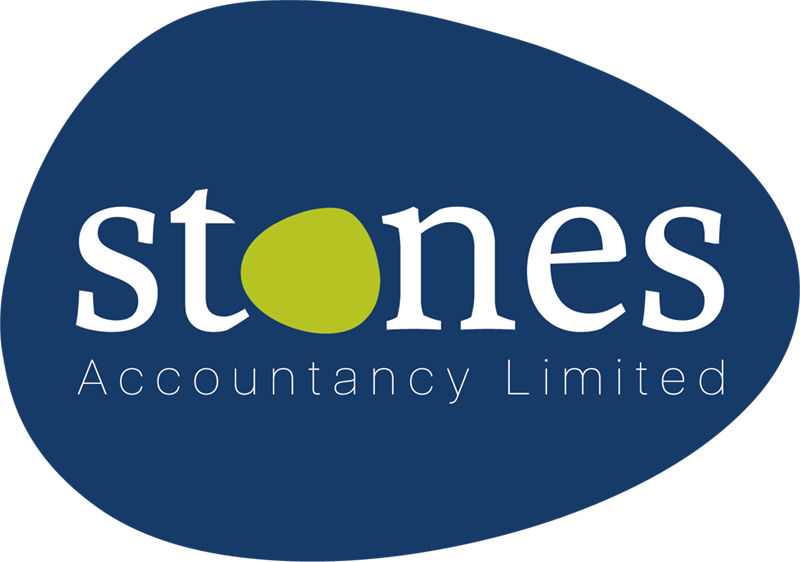If you run a limited company, it’s important to understand corporation tax and how it works. The rules around this tax can be complex so it’s essential to understand everything and make sure you are complying with the law.
In this guide, we’ll explain everything you need to know about corporation tax, including what it is and when you have to pay it.
What is corporation tax?
Corporation tax is a tax on the profits of limited companies and other organisations including clubs, societies, associations, charities and some unincorporated bodies. If your company or organisation is based in the UK or carries out business here, it will usually have to pay corporation tax
Tax is calculated on the profits that limited companies make. Taxing profits include
– Profit from selling goods or services
– Rent received on property occupied by the company
– Interest received on money lent to the company
– Dividends received from other companies within the group
– Income from patents, copyrights, trademarks etc.
Who has to pay corporation tax?
Most limited companies will be liable for corporation tax, however, there are some exceptions. For example, if your company is dormant (not trading) or makes losses, then it may not have to pay corporation tax.
The amount of corporation tax you have to pay will depend on how much profit your company makes.
What is the corporation tax threshold?
There is no corporation tax threshold, which means that as soon as your business starts to make a profit, you will be liable for corporation tax.
This can be a significant burden for small businesses, so it’s important to plan ahead and factor this in when you’re budgeting for your business expenses.
The current rate (as of May 2022) for corporation tax is 19%
There are some exceptions to this rule, namely if you are a ringfenced company, this is a company or business that HMRC describes as “involved in the exploration for, and production of, oil and gas in the UK and on the UK continental shelf”.
The rate for these businesses is currently 30%.
How is corporation tax calculated?
A company will have a trading profit when its trading income is greater than its expenses, some of these expenses will be allowable deductions and some will be disallowable.
An example of an allowable expense is qualifying capital expenditure. If you are not sure, it’s a very good idea to ask your accountant what’s allowable as a trading expense.
If your company has a profit after allowable expenses are deducted, corporation tax is calculated on this figure, for example:
For example, if your company made a profit of £50,000 after expenses and you’re liable at the 19% corporation tax rate, your corporation tax bill would be £9,500.
When do I have to pay corporation tax?
Your company or organisation will have to file a return with HMRC every 12 months. Unlike self-assessment, your return could be on any date which solely depends on when you started trading.
Your first company tax return will be due within 12 months of the end of your first accounting period
Your tax payment will then be due 9 months after the end of your accounting period.
What is an accounting period?
An accounting period is usually a 12-month period that starts when your company or organisation first starts trading. For example, if your company started trading on 1st January 2021, your first accounting period would be from 1st January 2021 to 31st December 2021.
What records do I need to keep?
It is a legal requirement for all limited companies to keep accurate records of their financial transactions. This includes:
– Sales invoices
– Purchase receipts
– Bank statements
– VAT returns (if applicable)
– Payroll records (if applicable)
These records need to be kept for at least 6 years after the end of the relevant tax year.
Which person is responsible for paying corporation tax?
The company director is responsible for ensuring that the company pays its corporation tax. However, it is the company itself that is liable for the tax, not the director personally.
If the company doesn’t pay its corporation tax, the director may be held personally liable and could be subject to a fine or even imprisonment.
What happens if I don’t pay corporation tax on time?
If you don’t pay your corporation tax bill on time, you will be issued a penalty, these are
- One day late: £100
- Three months late: An additional £100
- Six months late: Your corporation tax bill will be estimated and a penalty of 10% of unpaid tax will be added
- 12 months late: Another 10% of unpaid tax
If your tax return is late three times in a row, the £100 penalties are increased by HMRC to £500 each.
If you’re having difficulties paying your corporation tax bill, it’s important to speak to HMRC as soon as possible to discuss your options. More information about the charges and penalties raised by HMRC can be found here.
How can my accountant help with corporation tax?
Your accountant can help you with a number of tasks related to corporation tax, including:
– Registering your company with HMRC
– Calculating your company’s tax liability
– Filing your company’s tax return
– Paying your company’s corporation tax bill
– Dealing with any correspondence from HMRC
– Advising on tax-efficient ways to structure your company
– Planning for corporation tax payments
– Claiming any available corporation tax reliefs
If you are a director of a limited company, it is your responsibility to ensure that the company pays its corporation tax. However, your accountant can help you with this by ensuring that the company’s tax affairs are in order and dealing with HMRC on your behalf.
If you need help with any aspect of corporation tax please contact the team, we will be happy to chat and see how our team can assist your business.

